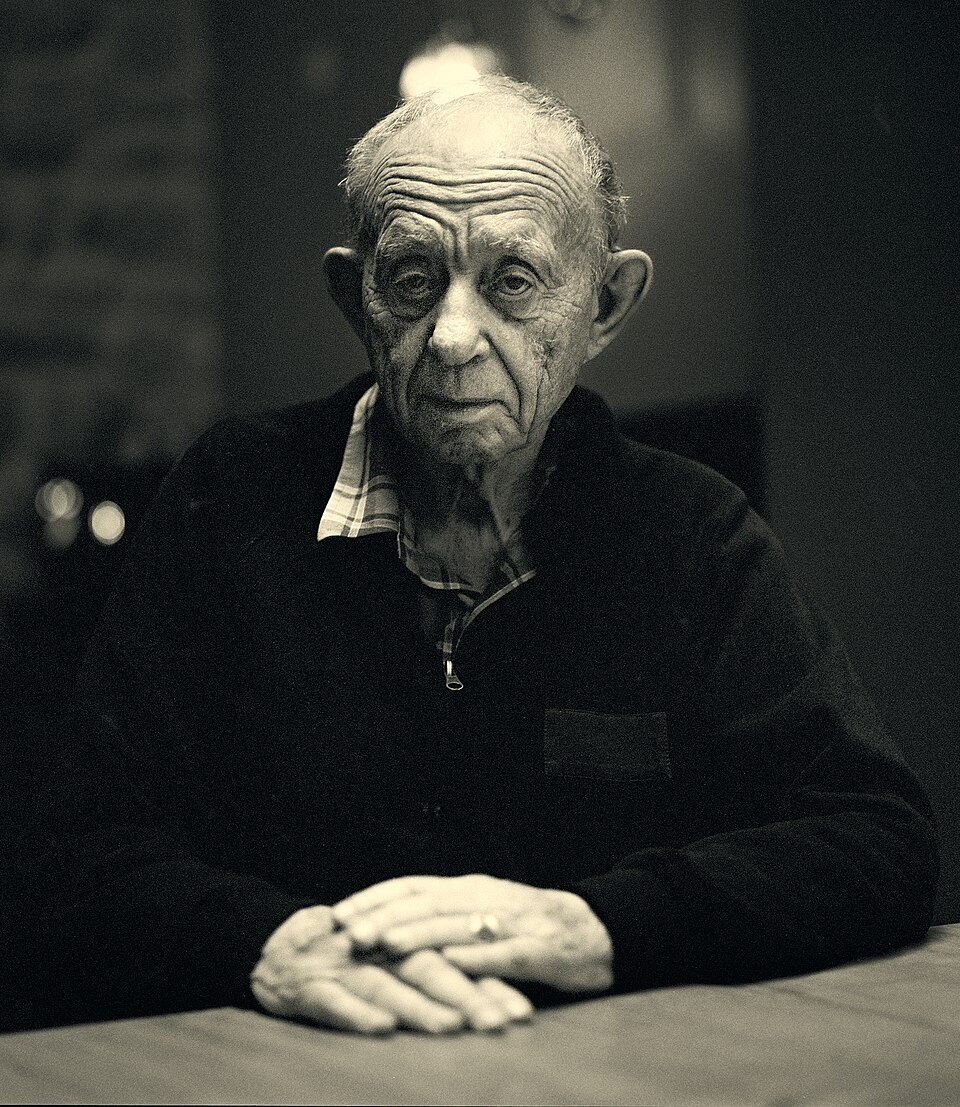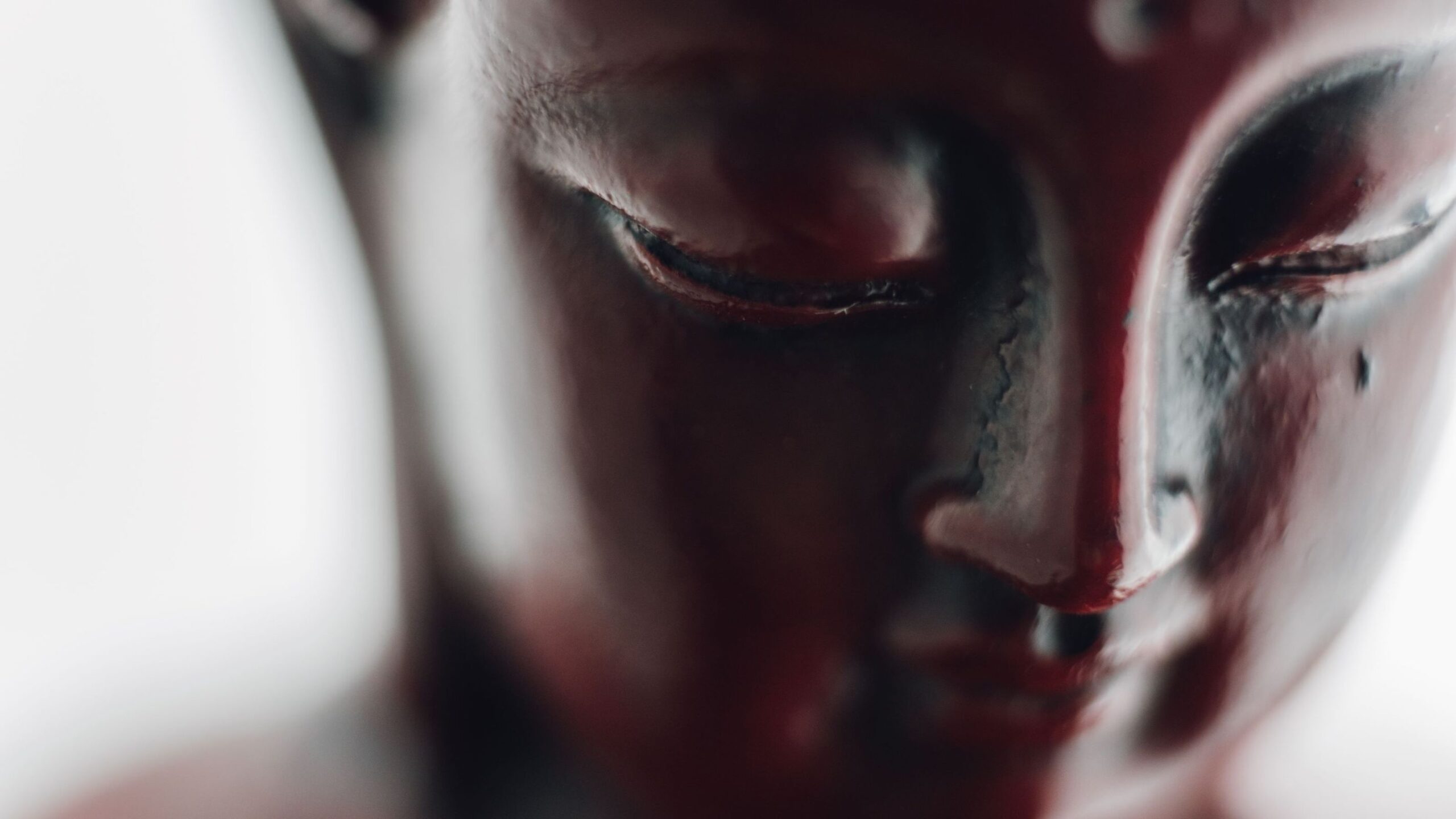The Purpose of Your Life Is to Change How Others Feel
July 9, 2024

“It is so hard to make someone else feel anything other than pain,” Nilay Patel remarked.
“Christ,” Ezra Klein exclaimed. “That’s the darkest thing I’ve ever heard you say.” Patel, co-founder and editor in chief of the tech news site The Verge, had been chatting breezily with him about AI and the internet. Then this?
There was, in fact, a tech connection. AI is flooding an already junked-up, commercialized internet, and AI does not care how we feel. “I think the essence of being a good person is pointing your effort at making other people not feel pain,” Patel persisted. Nobody ever pretended AI would try to be a good person. But AI, invaluable as a research assistant, is also fast becoming the generator of most internet “content”—the stuff that already has us discontent.
Making people feel something besides pain remains a human vocation. Our lives, after all, consist of what we pay attention to, and ideally, that should be one another. Yes, we need to pay close attention to the future of AI, but we do not need to let it consume us. That would distract us from our real work—which is not climbing a career ladder or pleasing a boss or winning accolades. Our real work is cheering one another up, adding a little hope, perspective, insight, or comfort to any situation.
Walking to campus early one morning from Forest Park, I drenched my crisply professional clothes in sweat. The forecast was a high of 102—real temperature, not RealFeel. A lean, gray-haired guy on a bike rolled up next to me at the Skinker stoplight.
“Balmy day, huh?” I said.
He waited a few seconds before replying. Then, instead of commiserating with some platitude, he turned his head to look at me and said, “It could always be worse.”
Yeah, yeah. I agreed politely, disappointed not to go on bitching about the season I hate most and a climate crisis worsening fast.
“That’s what I read this morning,” he continued. “This article said, first thing every morning, take whatever you are worried or upset about and imagine how it could be worse.”
A hell of a way to wake up, I grumbled under my breath. But weirdly, I was already feeling a little brighter. My mind had flashed to the auto-immune disease now besetting my husband. It is miserable and shitty and unfair (like much of life). But he could have lost his mind, or I could be losing him to some terminal cancer, or I could be living with someone I did not even love enough to care about….
The pessimistic response, of course, is, “Yeah, it could be worse—but it could also be better.” Which goes without saying. Instinctively, we locate our suffering on a continuum and gaze longingly at the happy end. The cyclist was gently turning my head in the opposite direction. Helping me rationalize, I guess, but whatever. I felt better.
Strangers have handed me such gifts more times than I can count. A random and thus entirely sincere and reliable compliment. A stray comment that went deep, all in the space of an elevator ride. A concerned offer of help. And friends? Oh, my Lord. They keep me afloat. So why did I never stop to think of this as our primary role on the face of the earth? It is written into ancient scriptures, codes of ethics, parental wisdom. Love one another. Give unto others. Be kind. Yet once again, I looked at the wrong end of the continuum, translating the teaching as an injunction to not be mean or selfish or greedy.
Instead, it is a purpose. People flounder their whole lives looking for purpose. They see counselors, embark upon midlife crises, replace careers with hobbies, fill empty nests with crafts, feel marginalized by age or disability, counter anomie by zealously embracing some new ideology. But all we need do is ease others’ pain. Anyone can do this, at any time, with no gear or video tutorials. We do not have to make a team or earn a certificate first; we need not be robust or adroit or even particularly bright.
Which is not to say that it is easy.
Human beings put up defenses thicker than an armadillo’s shell. Some prefer their familiar pain to the vertigo of ease. Some are too ashamed to admit what is really troubling them. Some are too proud, others too scared.
Emily Dickinson took the easy way out, suggesting that it was purpose enough to help “one fainting robin unto its nest again.” Robins do not sass back. Robins do not have different temperaments, values, histories, and world views, requiring you to rejigger your compassion and swallow your critique. A bird lives in the moment, entirely forgetting that they broke their wing the last time they tumbled, as a fledgling, from the nest. A bird’s heart does not twist tight with dread of the future.
To help a bird, you just have to know what they need to live a healthy and serene life. And in order not to spook them in the process, you have to know how they perceive the world. Humans, same. But figuring out why other humans feel the way they do—and how they will hear what you say —can take more energy than a triathlon. How do you change how someone feels without telling them not to feel what they feel? How do you tease without hurting, lighten the situation without trivializing it? How do you continue to remind them that you care, and you are still there ready to help, without intruding or (s)mothering them?
Pop psychology offers a steady stream of tips to keep us from crashing into someone else’s mind or heart and breaking things. But all those tips can make us skittish, so afraid to say the wrong thing that we say nothing at all. We have been taught how to accept people’s right to feel whatever pain they feel. We have not been taught how to help them feel something softer and easier in its place.
Some people have an instinctive knack. They know how to listen and ask a few careful questions and leave the other person feeling grateful instead of besieged. Me, I tend to overdo it, overfuss, offer too many solutions and too much cheer. Maybe by the time I am ninety, and age’s wisdom has exhausted all the trying, I will be more deft.
Meanwhile, I am not being fair to Emily. Though she ended with the robin, she began that poem, “If I can stop one heart from breaking,/I shall not live in vain;/ If I can ease one life the aching,/ or cool one pain.”
Such a simple ambition. Surely doable, if clumsily, at least once, if not daily. It ought to be sufficient purpose for anyone.
Read more by Jeannette Cooperman here.





